Finally, someone brings up the topic of metal backplates for liquid AIO coolers. There is an ingrained belief among manufacturers that plastic backplates are sufficient for liquid coolers. They are not enough though, for a number of reasons. It is therefore good news that Alphacool is releasing steel backplates as optional accessories for multiple coolers. And if you own any of the supported coolers, you can request one – free of charge. Read more “Alphacool has steel blackplates. Higher pressure, higher durability”
Tag: chladenie
Akasa metal filter beat the “plastics” in tests by a good chunk
We have tested a dust filter that combines the best features of plastic and nylon filters. It has high mechanical resistance, is easy to clean and yet also has low restrictiveness, so it does not significantly change the sound of the fan and does not increase its noise level. Compared to plastic filters, it does not even “hiss”. This addition thus extends the database of results with the latest type of dust filter, one with a metal grille. Read more “Akasa metal filter beat the “plastics” in tests by a good chunk”
The Akasa GRM120-30 foam filter works better than it seems
After analyzing the nylon and plastic dust filter, we now add a test of the “foam” dust filter. The latter has a slightly more complex construction. It consists of several parts and is kind of like a jigsaw puzzle, the elements of which even improve the aerodynamics in some ways. We go through everything in detail, and although we approached this type of filter with a bit of a bias, it comes out in a good light in the end. Is a foam dust filter better than a nylon one? Read more “The Akasa GRM120-30 foam filter works better than it seems”
Test: Nylon vs. plastic dust filter. Which restricts fans less?
The vast majority of computers use two types of dust filters – a fine nylon one and a coarser plastic one. The fact that the plastic filter lets more through and is less efficient in this respect is already apparent from the eye, as it has a coarser mesh. But do you know which one degrades the performance of the fan more and by how much? One even “wheezes”, which is nicely indicated by a detailed noise analysis at 240 sound frequencies. Read more “Test: Nylon vs. plastic dust filter. Which restricts fans less?”
AMD X570 cooler: Will 4 heatsinks beat a VRAM fan?
The hated fans in the AMD X570 chipset cooler would rather be turned into a proper heatsink by many users. In reality, however, it is not as easy as it may seem. Why don’t manufacturers do it on their own? We tested different speed modes with a fan and compared them with a pure heatsink and also one supplemented by small passive coolers with needles. Read more “AMD X570 cooler: Will 4 heatsinks beat a VRAM fan?”
What’s the best position for your M.2 SSD?
Graphics card can significantly contribute to cooling of SSD that are installed next to it. However, there’s a very thin line between helping and limiting. Let’s see when your graphics card can be a saviour for your SSD and when it’s an oppressor. As a bonus, we compared the cooling performance with and without the criticised MSI M.2 shield. Read more “What’s the best position for your M.2 SSD?”
Ryzen iGPU and the return of thermal compounds
AMD has released the first Ryzen desktop processors with iGPU this week. APU Ryzen 5 2400G and Ryzen 3 2200G could be attractive for compact computers because it’s easier to cool a single heat source than to cool both CPU and GPU, and the integrated graphics cards of these processors should have performance equal to GeForce GT 1030. However, it also means that the old enemy has returned, thermal compounds. Read more “Ryzen iGPU and the return of thermal compounds”
How can a pressure of a cooler affect its cooling performance?
One of the things that make testing of CPU coolers interesting is that you can never know how will a particular cooler perform. There are too many variables that affect the results. Such as the pressure on the processor, for example. We‘ve tried to find out what a weaker assembly system can cause, but also whether it pays off to cross the safe threshold. Read more “How can a pressure of a cooler affect its cooling performance?”
With X299, temperatures and cooling will be really important
During the recent years, TDP of processors have been declining, 65 W chips have become mainstream, and the things we write about have become a little less important. But this week’s reveal of extreme Intel processors indicates that the competition is now pushing the manufacturers back to straining the hardware to the edge and making things probably much more hot than cold. Read more “With X299, temperatures and cooling will be really important”





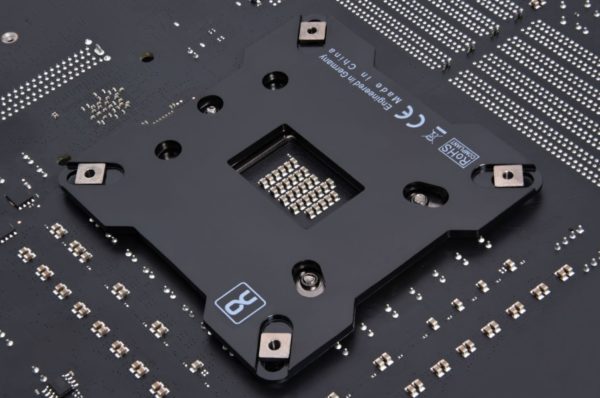
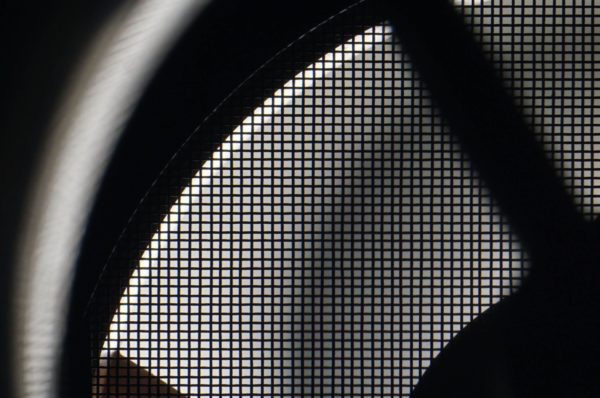
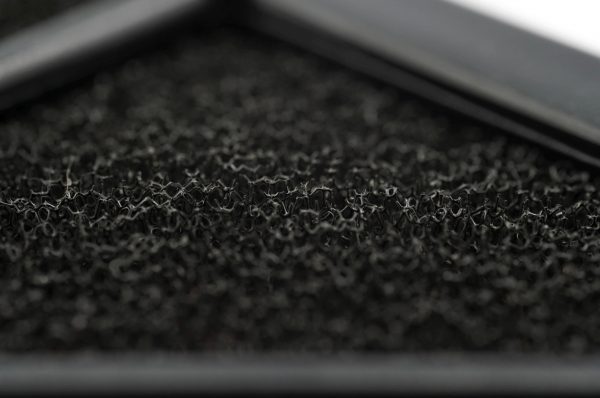
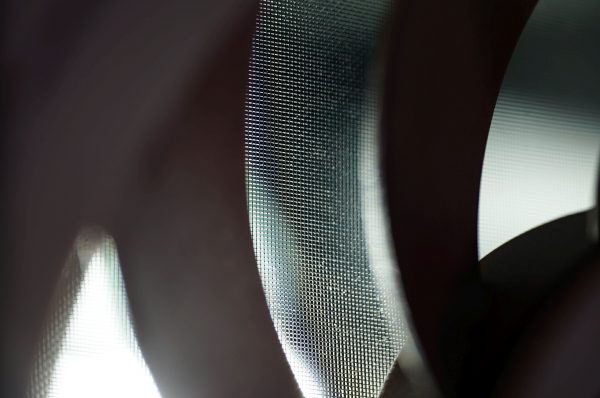
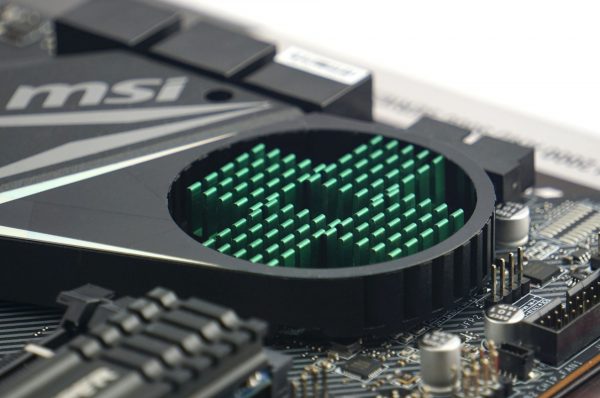
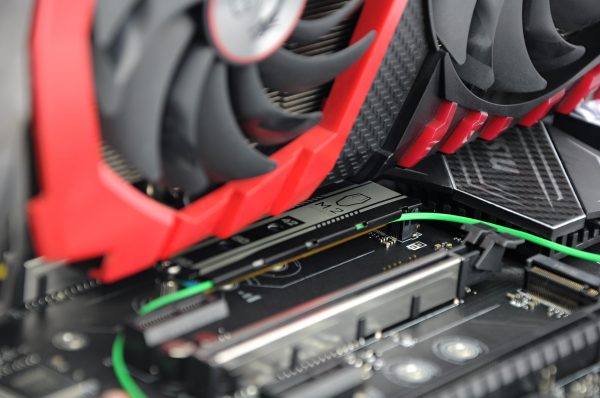
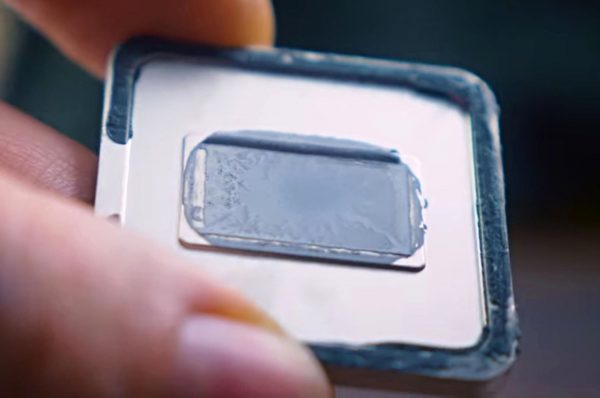
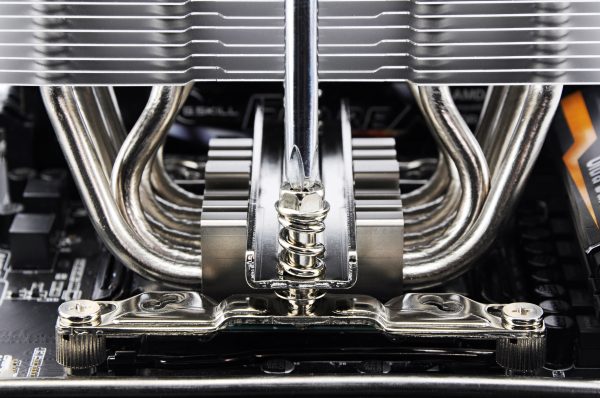
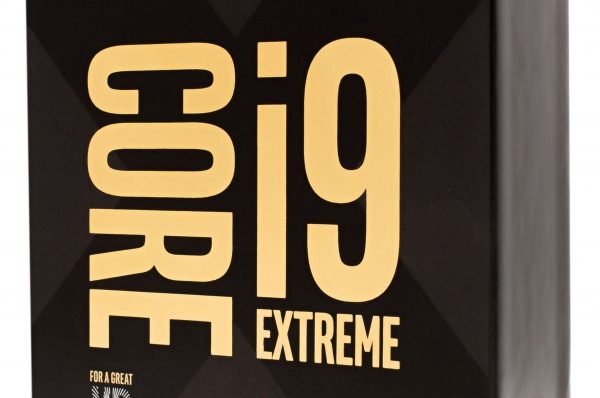



Latest comments